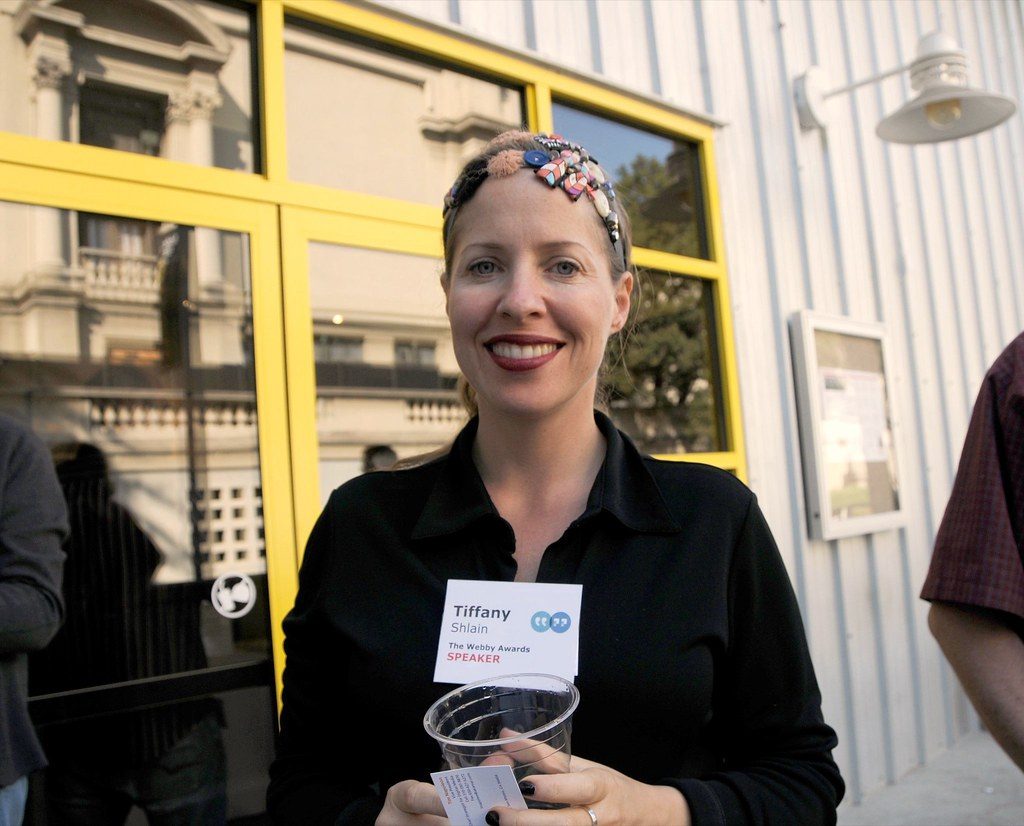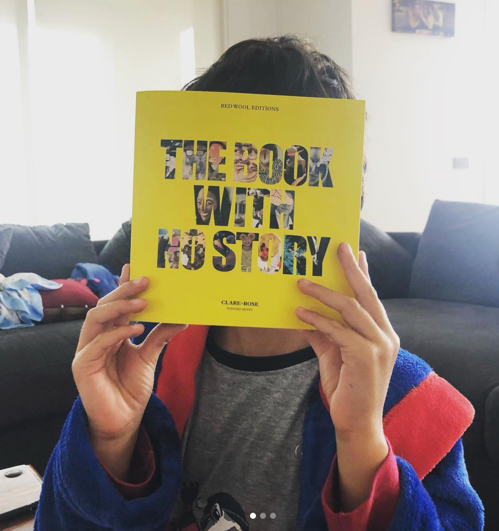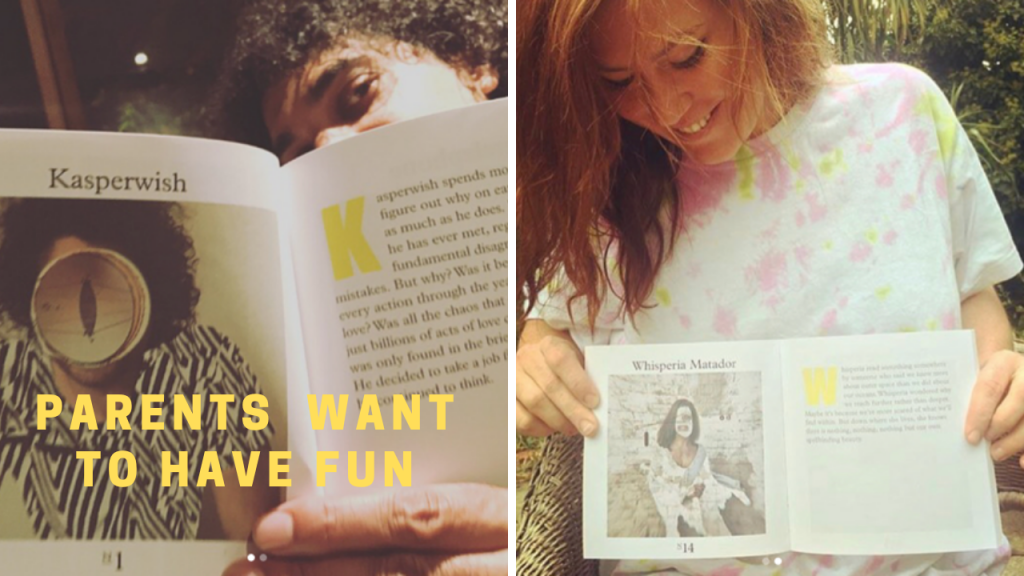I’m pretty sure that parenting today is far busier than at any other time in human history. At the heart of the busyness is the unprecedented amount of information with which parents deal, brought to them via fast internet speeds. Theoretically at least, parents have access to the most updated information on parenting skills, the do’s and don’ts of parental responsibilities which brings with it the overwhelming inference which has been part of ‘knowledge management’ since ancient Greek times, namely that ‘knowledge is virtue’. Put into modern terms that means that knowing what to do is a large part of doing the right thing.
Ironically, however, the internet age also brings this belief into question as humans view the inevitability of facing an ‘information tsunami’. Think about it, while parents are able to communicate instantaneously online, the ‘information tsunami’ brings with it the anxiety and complexity of managing inappropriate content, along with other forms of miscommunications. Consequently parents today are forced to deal with on-screen issues which previous generations didn’t even dream of.
Your choice to switch off and stay tuned
I’ve been following New Yorker filmmaker and mother of two, Tiffany Shlain’s creative work and proactive stance to addressing the quality of today’s family life for nearly a decade. I love her creative projects on equity, neuroscience and the delicate art and science of global relationships.

Follow her through her interesting website LET IT RIPPLE STUDIO whose mission is
… to use film, technology, discussion materials, and live and virtual events to engage people in conversation and action around complicated subjects that are shaping our lives, and to update these topics through an engaging, accessible, 21st-century lens. Over the past ten years, we have had four films premiere at Sundance, have won over 80 awards and distinctions, and have had four films selected by The U.S. State Department to screen at embassies around the world to foster dialogue across borders. We’ve created and distributed 31 films, engaged over 50 Million people in dialogue, and pioneered a new way of making films we call “Cloud Filmmaking,” where we make films collaboratively with people all over the world.
FROM https://www.letitripple.org/about/
What tiffany does to switch off
For the past decade, Tiffany and her family have been turning off all screens for one day a week for what they call their “Technology Shabbats,” or “Tech Shabbats.”
Every Friday night, we all unplug from all of our technologies and don’t turn them on again until Saturday evening. Unplugging for a day makes time slow down and makes me feel more present with my family. I not only appreciate this quality time with them, but it has also made me appreciate technology in a whole new way. By Saturday night we can’t wait to plug back in.”
Our Blog is dedicated to the pleasure of parents and children reading together.
Our founding author, Clare-Rose, reckons that the busyness of life may be detracting from fascinating conversations that come when we read for pleasure with children at home. So, like Tiffany Shlain, Clare creatively tackles the problem through her work when she writes conversational provocations in her Young Philosophers Series books, with The Book With No Story as the first title in the series.

You might ask, ‘why does reading books and stories for pleasure between parents and children matter?’ After all, don’t we have reading programs pumped out on a universal scale for every primary-aged child on the planet?
Well, like me, you may have noticed, how the media storms around the 2016 US Election and UK’s Brexit referendum revealed that the information tsunami is making it harder to secure reliable information. Consequently, as a parent wanting to do the right thing to support your children’s reading skills, you may be more prone to being swept by ‘trends’ rather than quality information which may enhance you and your family’s wellbeing.
To that end, this blog is dedicated to finding the type of information on the vital way that parents still can impact on their children’s reading habits. Such information, for instance, comes from the seven years of Scholastic’s Kids and Family Reading Reports. Most significantly, the reports show the vital link between children who love reading for pleasure, those who are overwhelmingly frequent readers and those who academically successful.
emphasise the pleasure not the pain
For me, therefore, the most interesting aspect of the Scholastic reports is that parents are more likely to positively influence their children’s reading habits when they differentiate themselves from formal reading programs. This can be supported by the evidence that indicates that over the past seven years there has been a steady decline of children reading for pleasure paralleled with an increase in children reading more infrequently. This can be summarised through the first four graphs of Scholastic’s 2018 Report.
[ngg src=”galleries” ids=”2″ display=”basic_imagebrowser”]So, I will unashamedly encourage parents to aim at having fun reading with their children at bedtime, in the afternoon, during school holidays and at moments which just take their fancy. We will be posting interesting research and reading reports regularly, so stay in touch and save yourself the trouble of finding reliable information on the role of parents in positively influencing their children’s reading at home.

